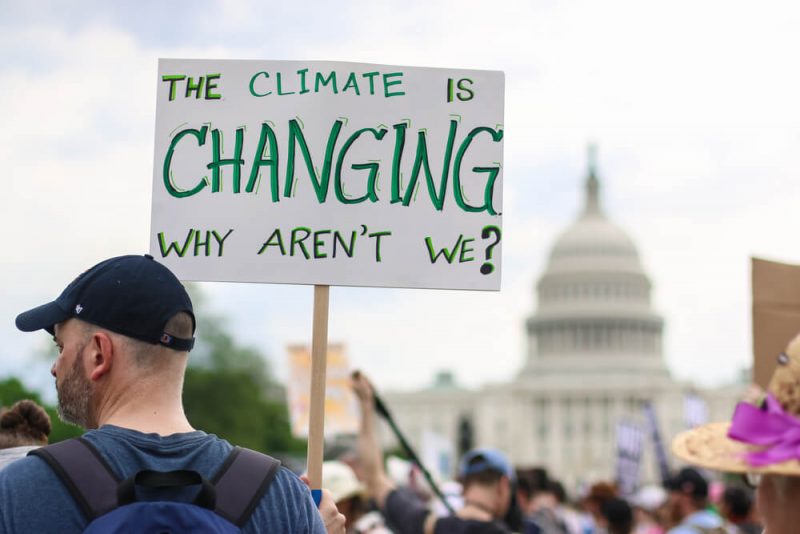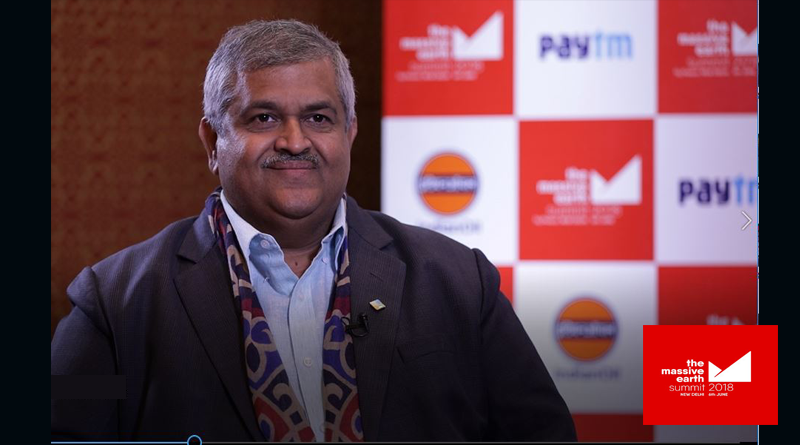Why these stories from France, Australia, Germany, California and the UN matter.
 Yes, Why Aren't We?
Yes, Why Aren't We?
“The planet is becoming a sauna, our natural resources are running out, biodiversity is melting like snow in the sun, and it still isn’t being handled like a priority issue”. Words of a climate warrior? An activist? No, these are the words attributed to France’s Environment Minister, Mr Nicolas Hulot, who resigned in dramatic fashion on live radio yesterday, blaming it on the lies around the environment. The lies he was referring to were the many pledges and undertakings by governments worldwide, which he believes are not backed by any serious intent or resources.
Combine that with a year in which Germany, an erstwhile leader in the fight against climate change has all but abandoned the big numbers it committed to for 2020, this is becoming a trend. A trend that only reinforced itself last week when one of the last acts of the erstwhile Australian prime minister, Malcolm Turnbull was to abandon his plans for a national energy policy with guaranteed commitments.
On top of all these is the determined efforts of the Trump administration in the world’s largest country by climate impact, the US, to reverse almost every decision taken by the previous Obama administration to mitigate the impact the US was making. From protecting coal power plants, to pushing for huge investments in oil pipelines for the future, the Trump administration is determined to mine the fear of immediate impact on livelihoods in the present, than make people aware of the possible and worse impact they could be facing in the not too distant future.
From a world that seemed to be coming around to a view that much more than planned needs to be done, at a faster rate, we seem to be moving to a situation where suddenly every country is back in its shell, fighting hard for every scrap of concessions it can extract and defer tough decisions. However, the fight is nowhere close to being a gone case. Consider two bright stories that still give hope.
In the US, thanks to its strong federal structure, the states still carry serious heft to draft their own policies, andCalifornia is leading the way. California has just passed its electricity law, that will require the state to get 100% f its energy from renewable sources like solar, wind or geothermal. The state, which would be the world’s fifth largest economy if considered on a stand alone basis, is hopeful that as it does today, the country will follow too, and as the US does, so will the world.
China, the country fast aspiring to, and actually emerging as a counterweight to the US will hopefully see this confusion in the ranks of the developed world as an opportunity to do more and support change faster too, despite its many compulsions to do more for its citizens at any cost before it considers higher aims like climate change. A challenge that India faces even more acutely, and gamely attempted to balance out by its leadership of the International Solar Alliance (ISA), unilaterally increasing its target for renewables by 2022 and more.
Finally, the appointment of Satya S Tripathi, an acknowledged professional with a track record to execute on large projects that are built around the twin objectives of fighting climate change and being sustainable is a great move. As the new Assistant Secretary General and head of the New York Office for the New York office of the United Nations Environment Program, Satya will bring his vast experience and perspective on targeting change that is doable and inclusive.

It’s a period that promises a lot of small wins and losses, but with the earth as the eventual winner or loser, and all within our lifetimes, its a fight none of us can afford to ignore anymore.




